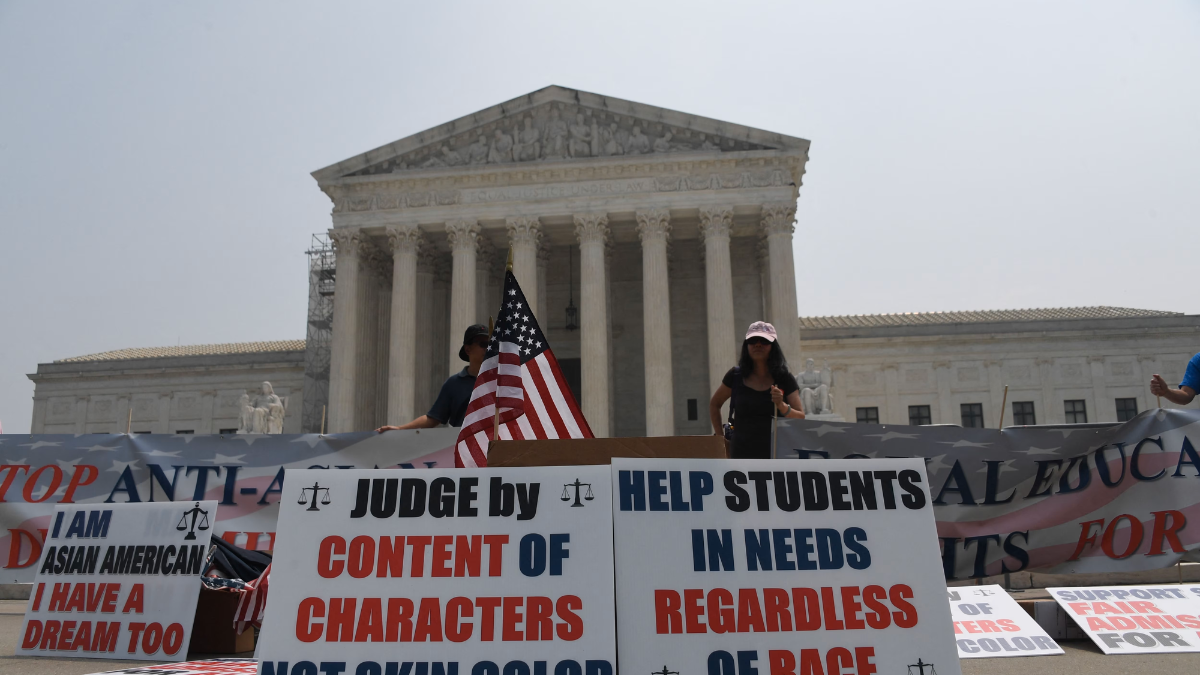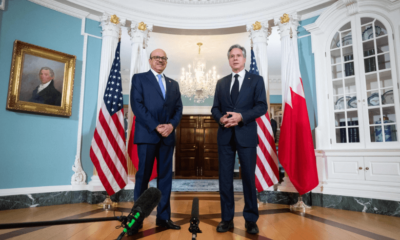The U.S Supreme Court has exempted military academies from its latest ruling about affirmative action, which prevents higher educational institutions from achieving diverse student bodies by considering race.
Chief Justice John Roberts, in a footnote, highlighted that this decision will not be applied to federally funded academies like the Air Force Academy, Annapolis, Coast Guard Academy or West Point, among others, as the case targeted only institutions mainly Harvard University and the University of North Carolina. It says none of the courts below addressed the propriety of race-based admissions systems in that context.
The footnote acknowledged that military academies have been prominent in affirmative action jurisprudence, such as the Supreme Court’s 2003 ruling in Grutter vs. Bollinger. It upheld affirmative action at the University of Michigan Law School and created the modern framework for race-conscious admissions practices. A group of retired military officers had written an amicus brief urging the court to rule in favor of affirmative action.
The amicus curae reads the United States Armed Forces have long recognized that the nation’s military strength and readiness depend on a pipeline of officers who are both highly qualified and racially diverse, and who have been educated in diverse environments that prepare them to lead increasingly diverse forces. Thus, the U.S. has a vital interest in ensuring that the Nation’s service academies and civilian universities retain the ability to achieve those educational benefits by considering race.
U.S’s second Black justice, Justice Clarence Thomas said this sees the universities’ admissions policies for what they are – rudderless, race-based preferences designed to ensure a particular racial mix in their entering classes.
ALSO READ: Giving women the power to make decisions key to controlling population growth: UN
But Justice Sonia Sotomayor noted in her dissent that national security interests cannot explain the exemption because those interests are also implicated at civilian universities. Her point is that military academies and the armed forces make up only a fraction of our national security infrastructure. America’s top diplomats, engineers and Pentagon officials graduated from public civilian universities, where affirmative action created opportunities for students from underrepresented backgrounds.
On the downside, race-based admissions policies at military academies alone invites minority candidates to pursue an education and career in the military, but policies and attitudes can stifle success.






















